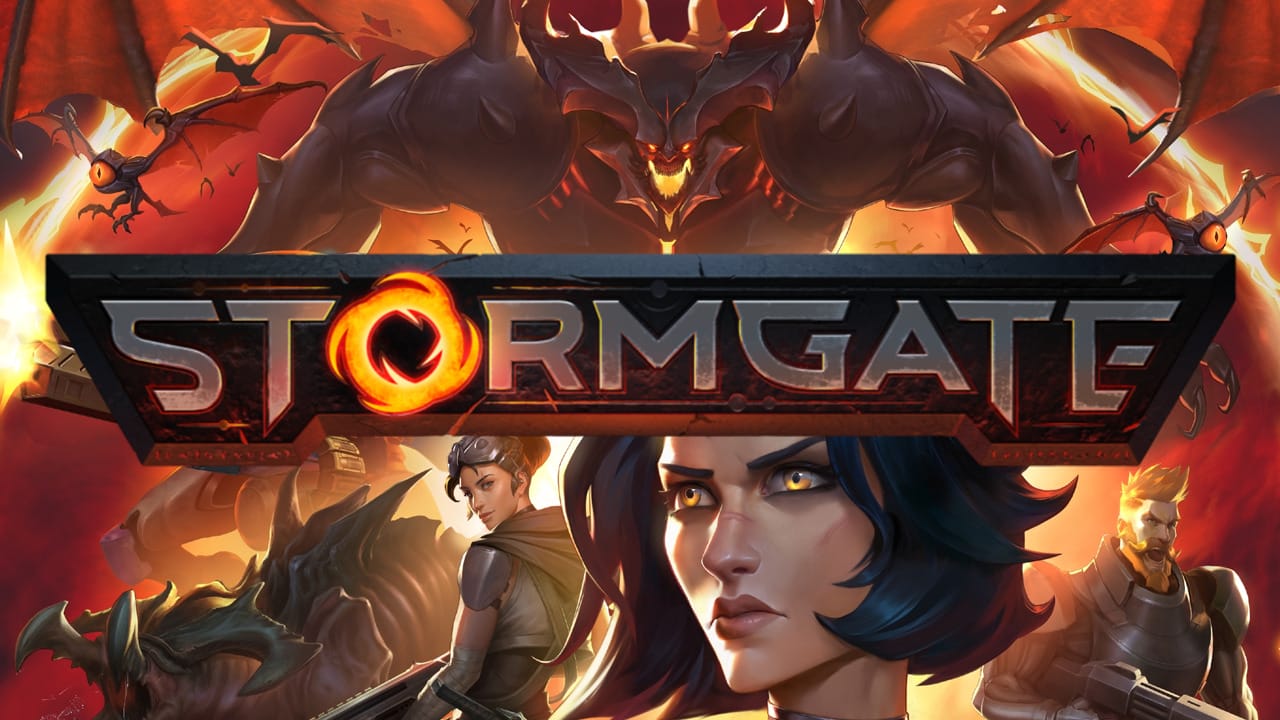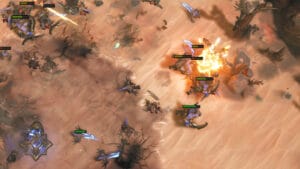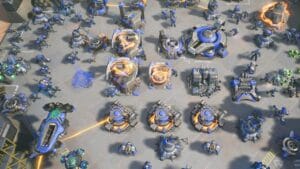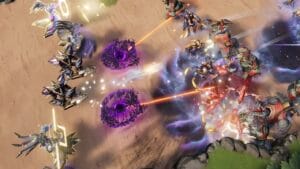We have another Stormgate interview! This time covering the technical side of the game and diving into how things work.
Software dev and content creator Aoret interviewed Frost Giant’s lead server engineer Austin Hudelson, where the two went through the processes behind creating Stormgate.
How Frost Giant is Creating Stormgate’s Incredibly Smooth Gameplay
The interview kicked off with a short discussion of Austin’s past at Blizzard and general dev talk, before diving into specific Stormgate details.
They immediately dove into a discussion about creating Stormgate to be the most responsive RTS ever. The focus was always to avoid systems that delay input – i.e. doing everything they can do to reduce delay. Austin stressed this, saying: “The thing that we’re thinking about is how long [is it] between when someone clicks their mouse and them seeing that reflected in the game world… we want to do everything we can to minimize that.”
One of the things that can help achieve this is Stormgate having a separate thread that runs all the game logic, rather than most RTS, which run it on the main thread. This reduces thread contention, with the systems currently keeping everything in its own channel, thus giving “more power on how many things we can do at the same time.”

Stormgate Will Have Distributed Game Servers
Later, Austin revealed that Stormgate will have distributed game servers, stating that “we’re working on making sure we can distribute our game servers around the world so that anytime you’re playing a game you’re, hopefully, close to the server you’re talking to.”
This is an amazing feature to have to help minimize lag for players. It means that Stormgate will have a ton of servers in many different locations for players to connect to. For example, instead of just connecting to Europe, players might connect to something more specific like London, Berlin, Prague, Lisbon, etc. depending on which is closest and provides the fairest ping.
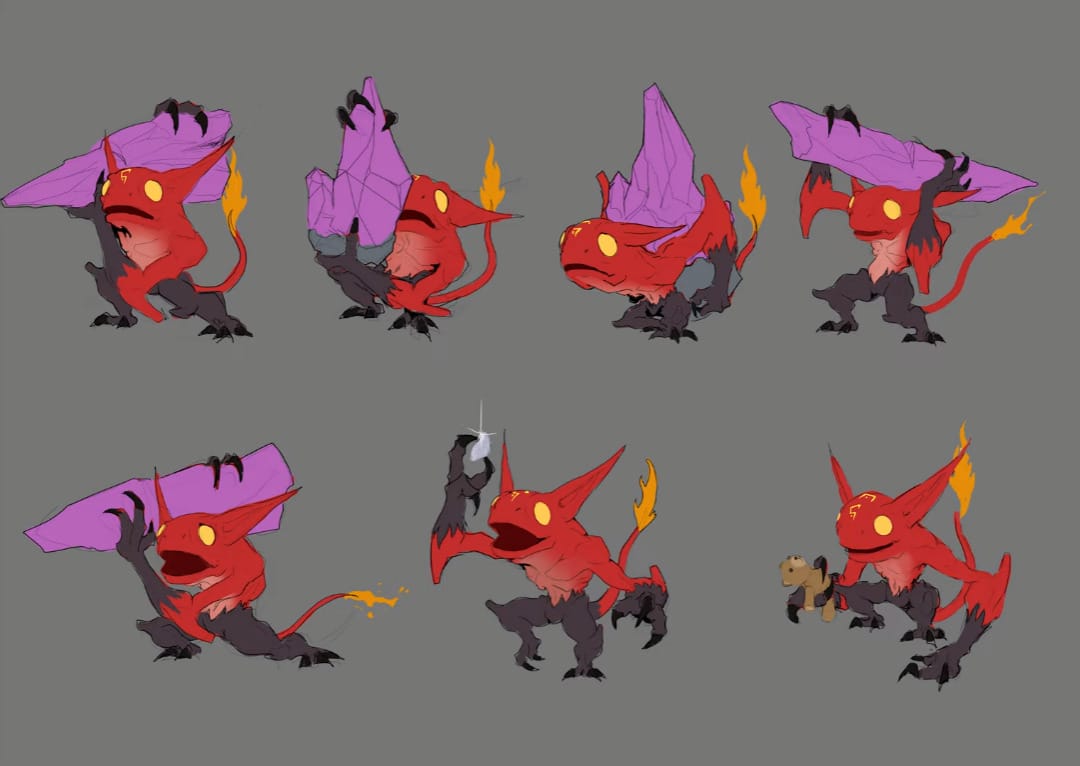
How Will Rollback Netcode Work in an RTS?
The discussion then moved onto the much-anticipated rollback netcode that’s coming in Stormgate. Austin revealed that it’s still in quite early development, but looking very promising – “I’m super excited about it, I think it’s gonna be absolutely kickass once we roll it out to players.”
He then went on to explain how it would work in an RTS game, considering rollback netcode is a feature most commonly known for being a part of fighting games. Austin explained that in traditional RTS games, players send inputs and receive the results on screen through gameservers broadcasting turns, based on what inputs they receive.
However, in Stormgate there are no turns, as soon as a player sends an input the server timestamps it and sends it to everyone in the game. Meanwhile, the game will simulate the match based on the inputs and then continue simulating, assuming no new inputs are arriving. If the game is correct, then everything continues running smoothly and if new inputs are received, it can very quickly rollback, understand the input, and fast forward again, without negatively affecting what the player sees.
These are the main Stormgate points from the interview. Make sure to check out the full video on Aoret’s channel – you can even find out a few fun facts about Austin!

